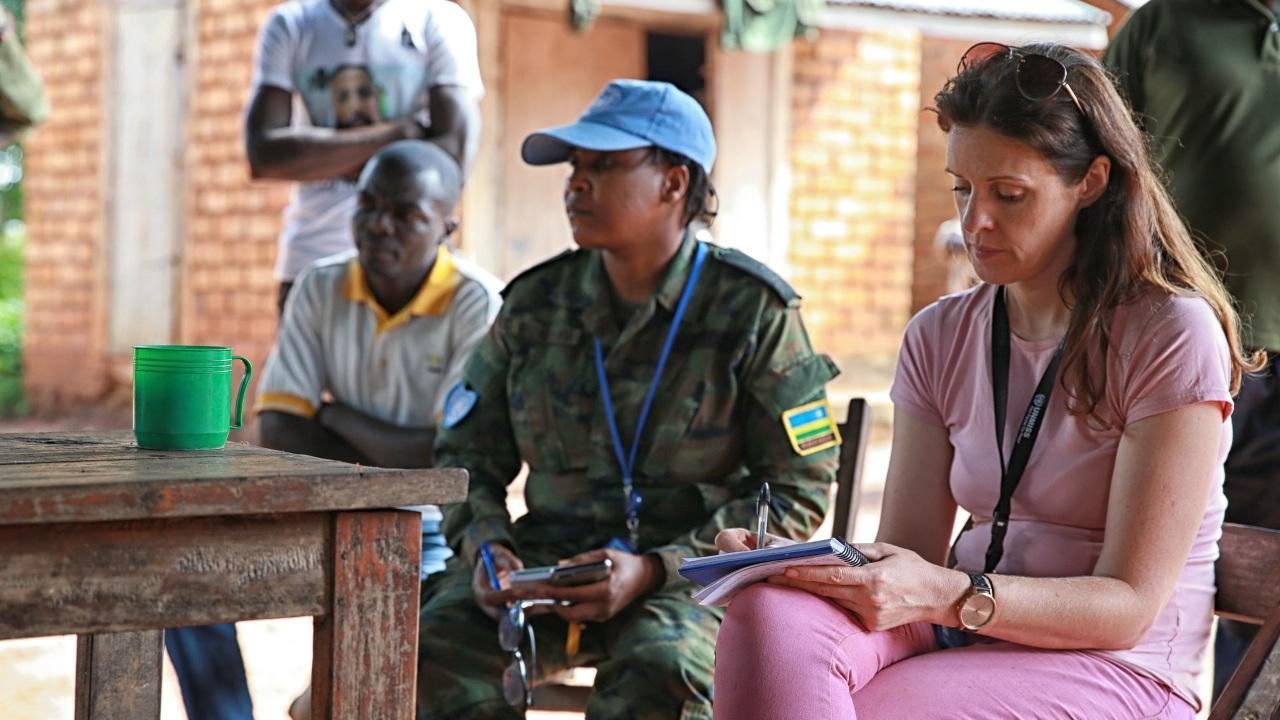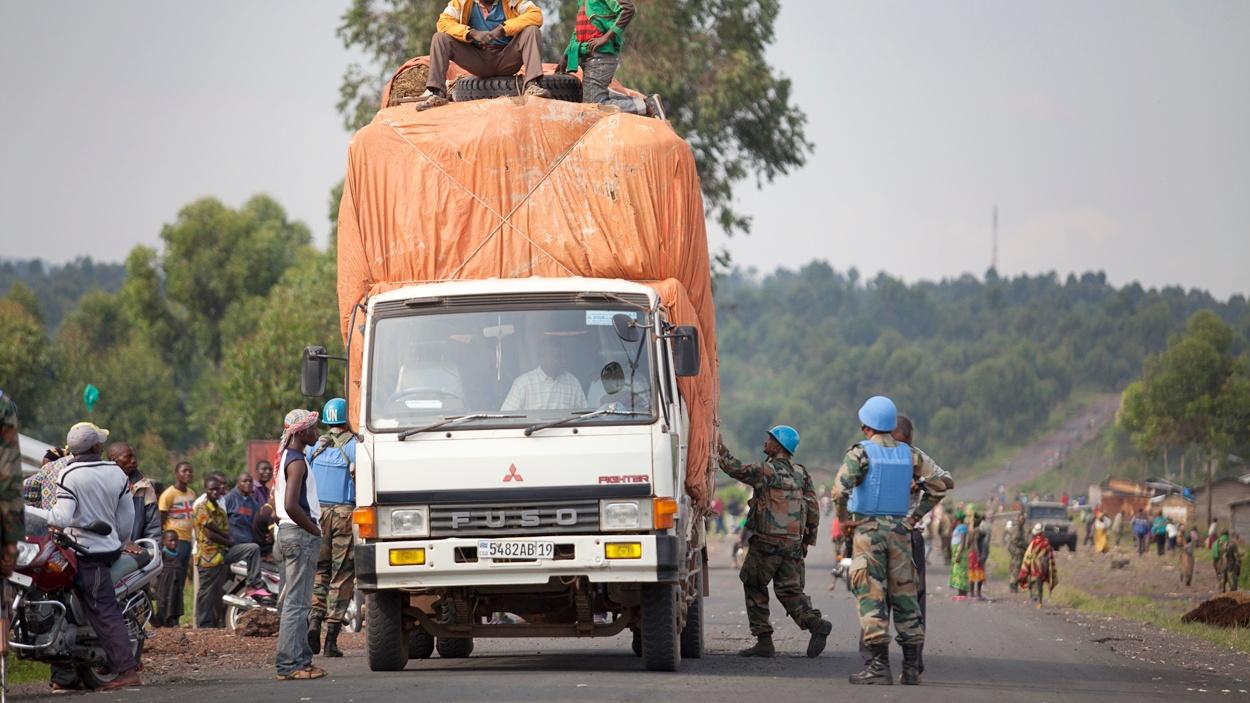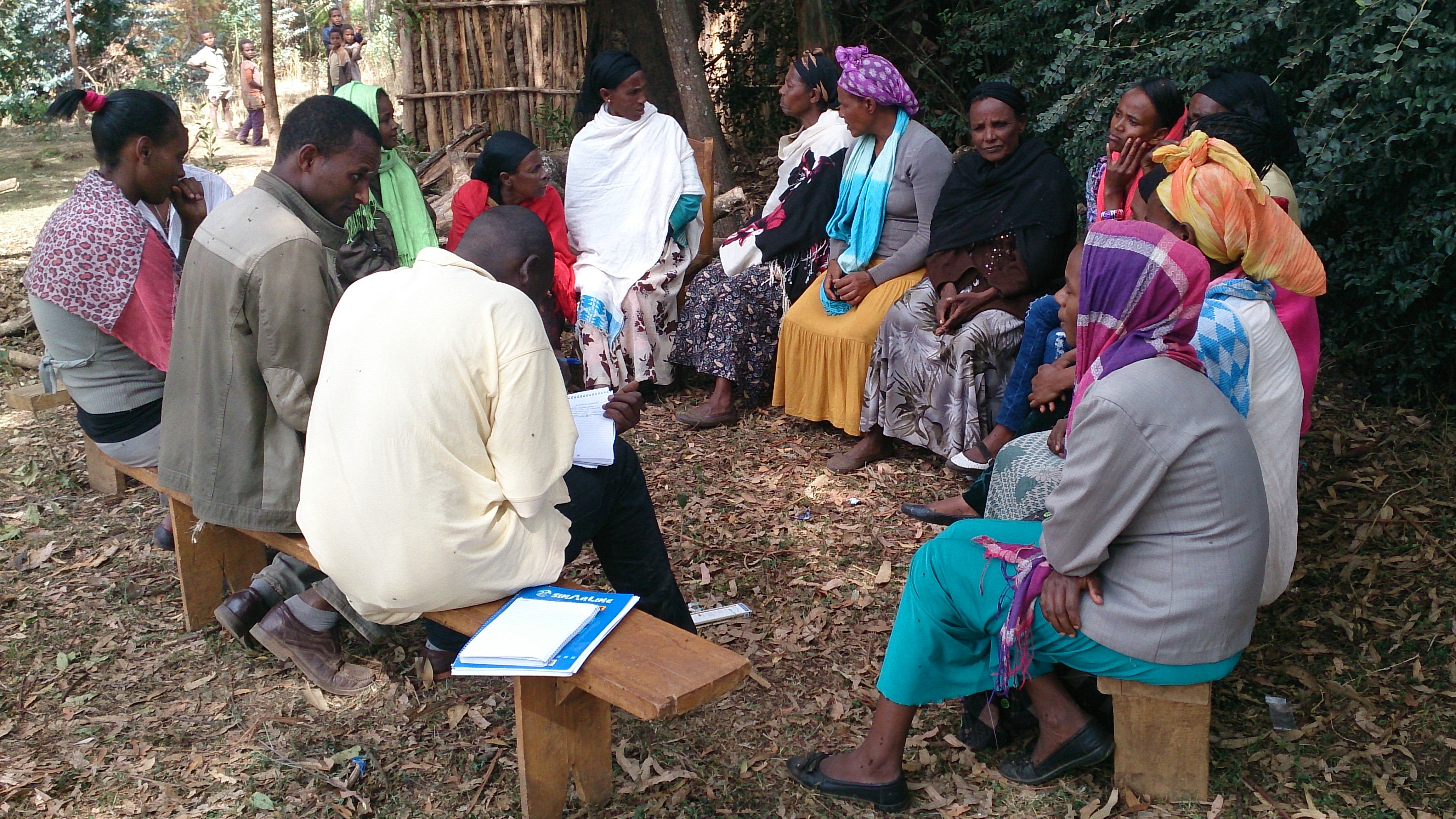Conducting field research in contexts characterised by deep poverty confronts researchers with interviewees who have to struggle to survive. Knowledge production protocols instruct researchers to detach themselves from the field, to be ‘objective’ and consistent towards data accumulation. In this sense, the politics of knowledge production promotes distance between researcher and subject, with ethical implications.
This post was produced as part of the Bukavu Series, a series of blogs highlighting the violence that persists in the process of academic knowledge production.
One day, while doing an interview with a woman in a village (in my country of the Democratic Republic of Congo), I saw her dabbing her cheeks with a cloth to dry her tears. I understood right away that my interview had touched upon a subject that was sensitive for her. I wanted to ask for more details, but I didn’t dare bring up another question. Without saying a word, she got up and went into her house. Alone, outside in the courtyard, I began to blame myself for the effects that my research was having on the emotional state of my interviewees.
After about 10 minutes, the woman came back from her house, her face still sad, and sat down next to me. She revealed to me what our discussion had released in her. Her story was marked by deep misery and poverty. After her last sentence, the woman sighed, raised her head and, while looking aside, said, ‘Only the Lord can help us.’ I could feel her suffering, but I couldn’t find any words to comfort her. I wanted to offer her some money, but I remembered that within the ethics guidelines that risked being seen as buying data. And even if I intervened, what was I to do about the enormous needs and demands of the other interviewees whom I was meeting in the field every day? People who were just as poor as she was? Couldn’t my helping some and not others easily raise frustrations amongst them? And wouldn’t my conduct then put future researchers in a difficult position? The only thing I finally said was, ‘Keep strong, mama, the Lord will take care of it, indeed.’
After we parted, I felt a lot of guilt. This woman had shared information with me that would help me to write my thesis. But, in the name of field research ethics, I hadn’t given anything in return that would help her. She was in need and I had done nothing. A year later, I went back. I looked for her family but couldn’t find it. Two years later, I found out that this woman’s husband had died of tuberculosis.
I collected my data in the midst of misery.
Photo by Zen Chung from Pexels.





